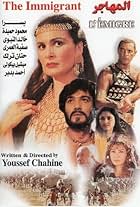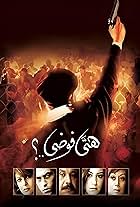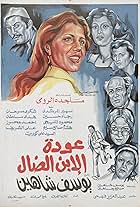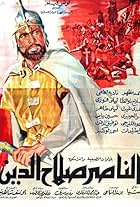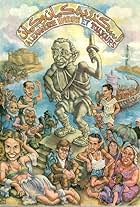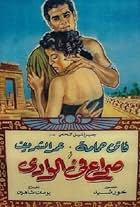Mr. Chahine is masterful and downright crafty in pushing forward his message for cosmopolitan rationality vs. parochial fanaticism: Starting from a telegraphed overview of historical events, ideological currents and characters from the two-century period (XI-XII) in Andalusia that saw a wave of North-African fundamentalist mercenary Berbers wrestle power away from the weakened remnants of the enlightened Umayyad dynasty, he made a deceivingly simple parable using old-time Hollywood formats and entertainment values à la `Thief of Baghdad.' Chahine is thus successfully addressing matters of dense philosophical and political import under the guise of an almost infantile entertainment. The plot, furthermore, echoes `Fahrenheit 451' and its overall ideological stance is reminiscent of A Man for All Seasons.' On the other hand, seeing its `musical' values as a bow to Hollywood is merely scratching at the surface, since it must be kept in mind that poetry in song the obsessive discipline of enlightened Islam was the most efficient vehicle for the birth and expansion of all values appropriated by Christian Western (read, European) civilization. Hence, the formal solution signifies much more than the surface. On the other hand, Chahine ties the past quite neatly -- through his storytelling and filmmaking craft -- with current world events and thought convolutions. For example, the stabbing of the bard character in Destiny couldn't be less than a painful fictionalization of the fundamentalist attack on the contemporary Egyptian novelist Mafouz. El Massir is an important piece of work, and I think everyone who is at all concerned or curious about the nature of the global forces at work today should take a long and detained look at it. This film carries a hefty punch and what's best -- you can barely feel it, as the masterful handling of the narrative, in terms of nothing but an entertaining parable, lets the dense message flow without any pretensions of `avant-garde' stylist truculence. M
















